Autosomal and Y-STR Analysis of Degraded DNA from 120-Year-Old Skeletal Remains

Angie Ambers of the Institute of Applied Genetics (UNTHSC) describes how she processes skeletal remains to determine an individual’s identity, and how she identified a Confederate guerilla scout from the American Civil War using this technology. TRANSCRIPT: My name is Doctor Angie Ambers, and I work for the Institute of Applied Genetics, […]
Clarifying Misconceptions and Acknowledging Advantages of Next-Generation Sequencing in Forensic DNA Casework
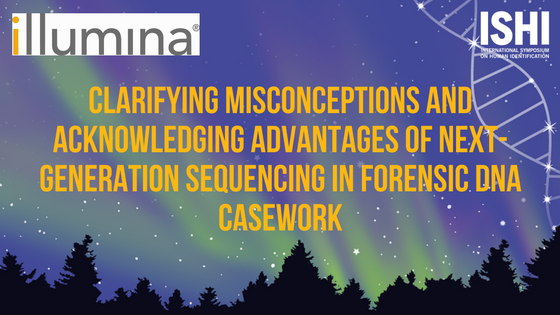
Honored to be a part of the Forensic DNA community for nearly a decade, I’ve witnessed what I would consider a rather slow evolution of technology. In recent years, I was excited to validate and implement the expanded multiplex kits, and thought I was experiencing “groundbreaking” change in forensic DNA testing. That is until I […]
Moving to Massively Parallel Sequencing (MPS) in the Forensic Lab
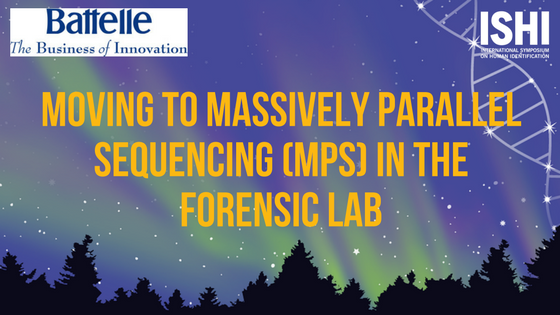
Massively Parallel Sequencing (MPS) is now a mainstream technology in many academic areas, and has led to revolutionary discoveries in medicine, biology and environmental science. But most forensic laboratories are not yet ready to implement the technology. What can be done to accelerate adoption and bring the advantages of MPS to the forensic community? […]
Completing the Circle: Forensic Analysis of the Entire Mitochondrial Genome on Ion Torrent MPS Platforms

Traditional sequencing of the mitochondrial genome in forensic labs has been limited largely to hypervariable regions (HVI and HVII) of the control region due to the high density of sequence variants and limitations with Sanger-type sequencing (STS) methodology. Massively parallel sequencing (MPS) of the entire mitochondrial genome offers forensic DNA analysts an alternative to STS. […]
STR and SNP Genetic Analyses of the Yavapai Native Americans using Massively Parallel Sequencing

The forensic science community is moving towards implementation of massively parallel sequencing (MPS) in routine casework pretty rapidly, and a key limitation in the field can now be addressed relatively quickly. Submitted by: Frank Wendt, UNTHSC Arguably all of the work done by forensic scientists in casework or research depends on underlying […]
Recovery of Highly Fragmented nDNA from Skeletal Material for SNP-based MPS
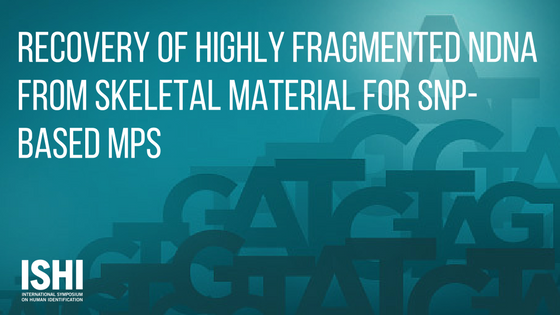
The identification of skeletal remains that have been discovered after an extended period of time continues to be an important part of the fields of anthropology and forensic science. Due to the highly fragmented nature of the DNA recovered from more degraded skeletal remains, identification is not always possible with traditional techniques of mtDNA or […]
Application of Massively Parallel Sequencing in Forensic Psychiatry and Behavioral Science Using Custom Panels Including Markers Linked to Human Behavioral Traits
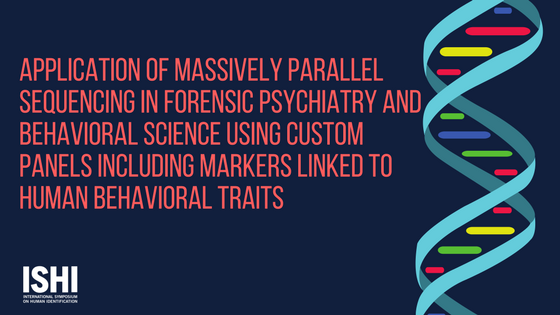
Behavior is affected by both the environment and genetics. Oxytocin and serotonin are two main neurotransmitters that are associated with social behavior. Genes associated with oxytocin and serotonin contain polymorphic sites that can be studied in order to relate or link to certain behavioral traits. Single nucleotide polymorphisms (SNPs) are single base variations found at […]
Optimization of the Promega PowerSeq™ Auto/Y System for Efficient Integration within a Forensic DNA Laboratory
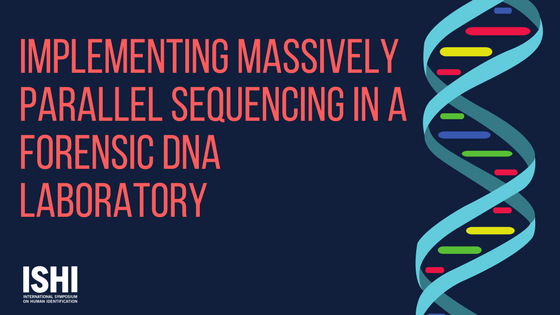
For the past 20 years, exploiting length-based differences in short tandem repeats (STRs) through capillary electrophoresis (CE) has been a primary method relied upon by forensic DNA testing laboratories. However, massively parallel sequencing (MPS) is emerging within the forensic community as a potential DNA typing technology. In contrast to CE, STR typing by MPS, yields […]
Accuracy and Reliability of Ancestry Predictions from the Precision ID Ancestry Panel

As single nucleotide polymorphism (SNP) analysis by massively parallel sequencing (MPS) becomes increasingly prominent, research on commercially-available panels is essential prior to implementation. SNPs can be used as supplementary information to existing STR profiles, thus giving investigators more information to work with. Written by: Ashley Cooley, ORISE/FBI Visiting Scientist For this study, […]

